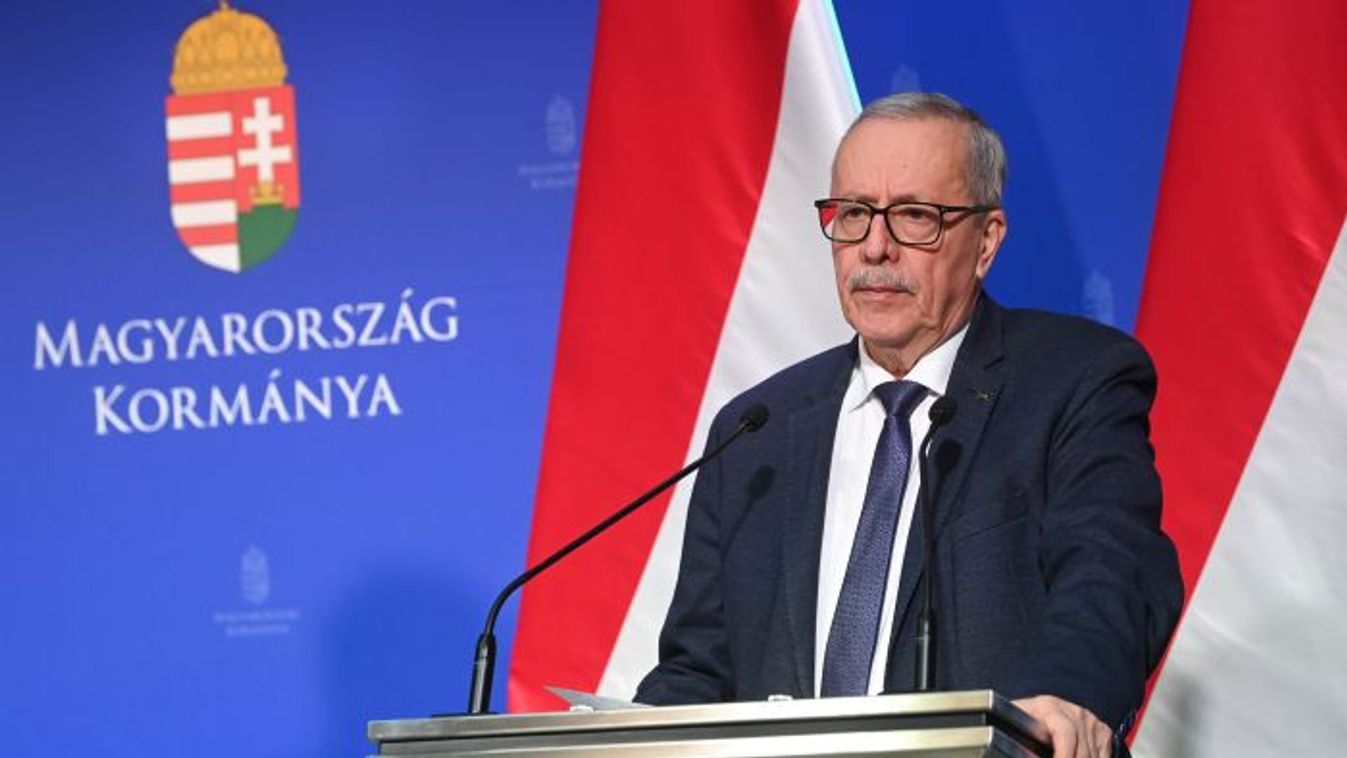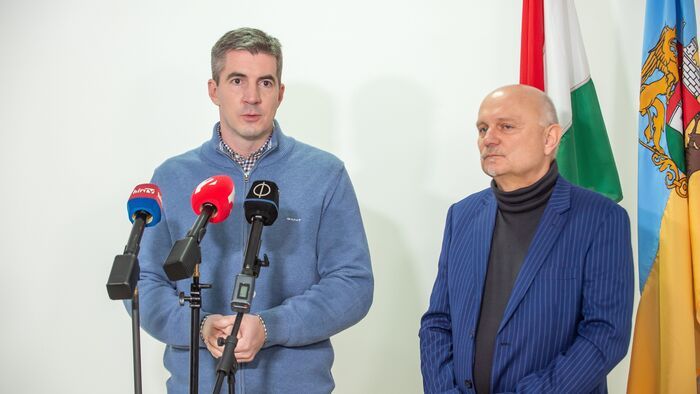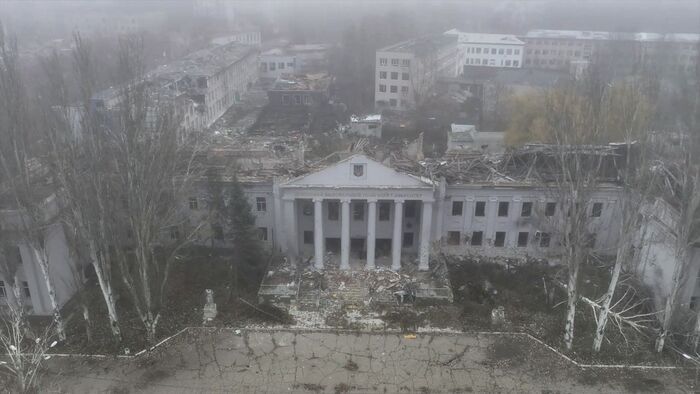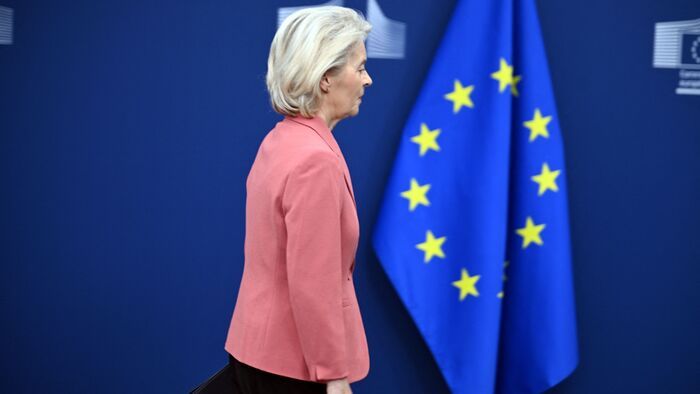Gyorgy Bakondi stated that many people are fleeing from Iran toward Azerbaijan and Turkey. In his view, this movement is a consequence of bombings and escalating threats. However, it is impossible to predict what tomorrow will bring — how the internal situation, public services, and political tensions will evolve — all of which could spur further masses to attempt to reach Europe.
He emphasized that the relocation of Afghan refugees currently in Iran back to Afghanistan will certainly stop, as Iranian authorities have far more pressing concerns under the current circumstances.
The security advisor said a crucial point is how Turkey reacts to the situation, how effectively it can develop or reshape its cooperation with the EU’s migration authorities regarding asylum issues, and how the war might influence this — including political statements and their consequences.
If the war escalates, or if other countries get involved, a large-scale conflict zone could emerge, or Iran as a state could collapse — which would pose an unpredictable security threat to the world and to European countries,
Bakondi pointed out. He stressed that even though Iran is geographically distant from Hungary, the Hungarian government is closely monitoring events, analyzing and assessing the situation, and doing everything necessary to implement timely measures to protect the safety of the Hungarian people.
Responding to Italy’s decision to raise its terror threat level due to fears that the Israel-Iran conflict might radicalize Muslim communities in Italy, Bakondi said this risk has certainly increased as a result of the current circumstances.
“All European countries are focusing heightened attention on the possibility of terrorism, terrorist acts, and violent mass demonstrations from an internal security perspective, and every government will take the measures necessary to protect its population, depending on the specific situation,” he said.
Bakondi reminded that
a significant number of migrants live in Europe. Even during the Gaza conflict, there were already large, violent, anti-Semitic demonstrations, despite Israel being the victim of a severe attack.
He also stated that the Hungarian government continues to reject the implementation of the EU asylum and migration pact. The pact — which proposes handling illegal migration by redistributing arrivals based on quotas — would seriously impact Hungarian citizens' daily lives, the social welfare system and internal security, and cannot be accepted against the will of the Hungarian people, the expert said.
We are convinced that the European Parliament made a flawed decision at the end of its previous term by adopting the quota-based distribution,
Bakondi concluded.























Szóljon hozzá!
Jelenleg csak a hozzászólások egy kis részét látja. Hozzászóláshoz és a további kommentek megtekintéséhez lépjen be, vagy regisztráljon!